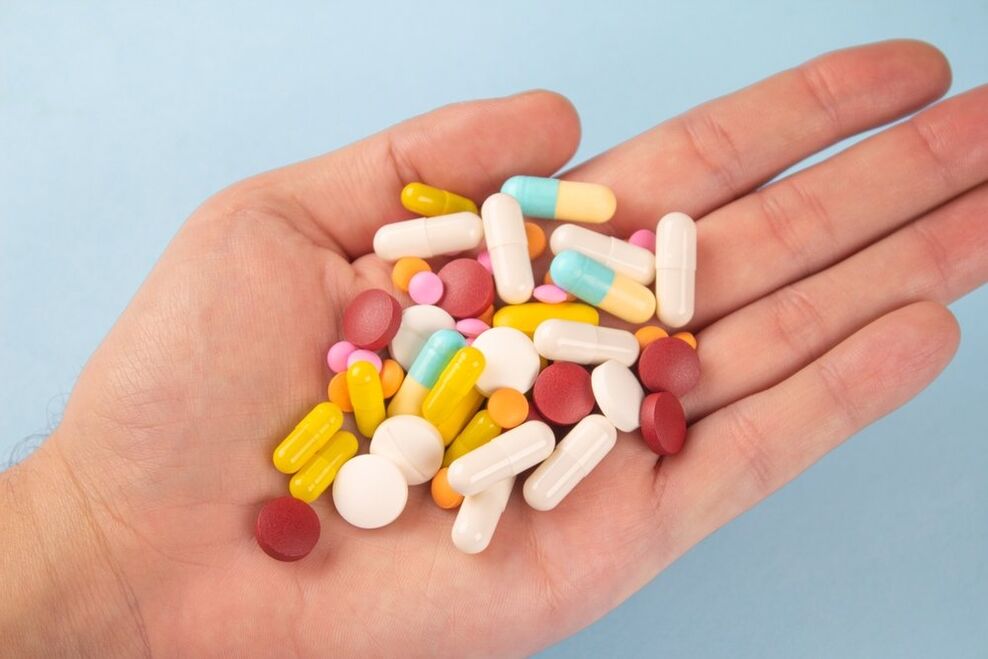
Prostatitis is an extremely common inflammatory disease of the male genitourinary system. The nature of this pathology is infectious or nonbacterial inflammation of the prostate. Mostly, the disease is diagnosed in men between the ages of 25 and 50. In the absence of medical care, it can lead to erectile dysfunction, infertility, and more. In this article, we'll look at the best medicines for prostatitis.
General principles of treatment of prostatitis

First, we note that self-treatment of prostatitis is unacceptable. Any medication should only be used as prescribed by a doctor.
Due to the bacterial nature of the inflammatory process, antimicrobials are selected according to the susceptibility of the pathogen. The dose and duration of antibiotics are also chosen individually.
In addition, non-steroidal anti-inflammatory drugs, herbal preparations that block inflammation and improve metabolic processes in the prostate can be used.
If there are complaints of dysuria, alpha-blockers can be used to restore urodynamics.
Various non-drug approaches are also important. First, this includes prostate massage during chronic inflammation. In addition, the treatment plan is complemented by a variety of physical therapy procedures such as laser therapy, electrical stimulation, etc.
effective medicine
So what drugs are the best for treating prostatitis?
Regarding antibiotics, fluoroquinolones and macrolides are most commonly used to treat inflammation of the prostate, but other groups of antibacterials can also be used.
If we talk about herbal preparations, then there are remedies based on the fruit extract of the creeping palm tree. It has anti-inflammatory, anti-androgenic, anti-exudative properties. This drug is used not only for chronic prostatitis, but also for benign prostatic hyperplasia.
Another herbal preparation is a combination therapy that includes Canadian daylily, licorice root, pierced St. John's wort, rhizome with purple echinacea root. This drug improves microcirculation in prostate tissue, is active against certain bacteria, and reduces the severity of inflammation.
Another effective remedy for prostatitis is suppository, the active ingredient of which is biomass obtained from gypsy moth insect larvae. In 2020, scientists from the Kuban National Medical University conducted a study, the results of which demonstrated the feasibility of administering the drug to patients with chronic bacterial prostatitis.
In the alpha-adrenergic blocker group, the most commonly used drug helped to relax smooth muscle fibers in the bladder neck and prostate, thereby improving urine output.































